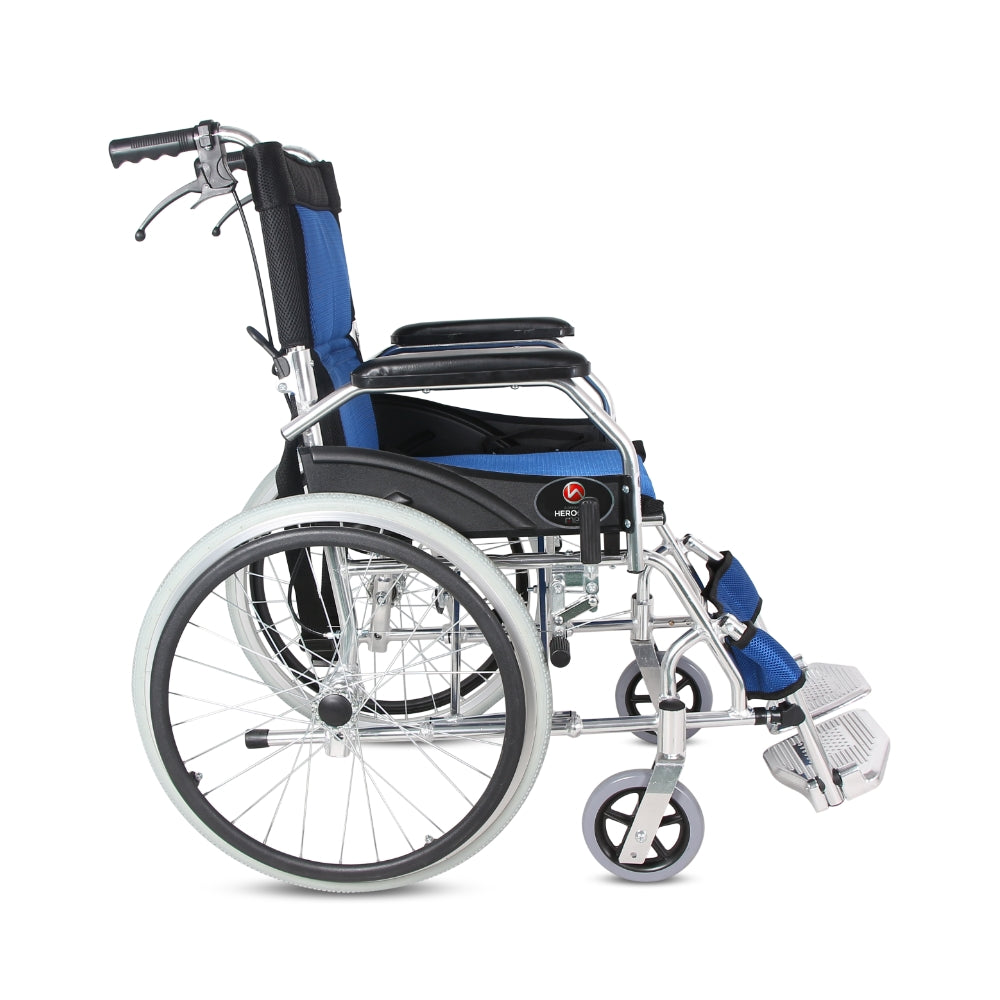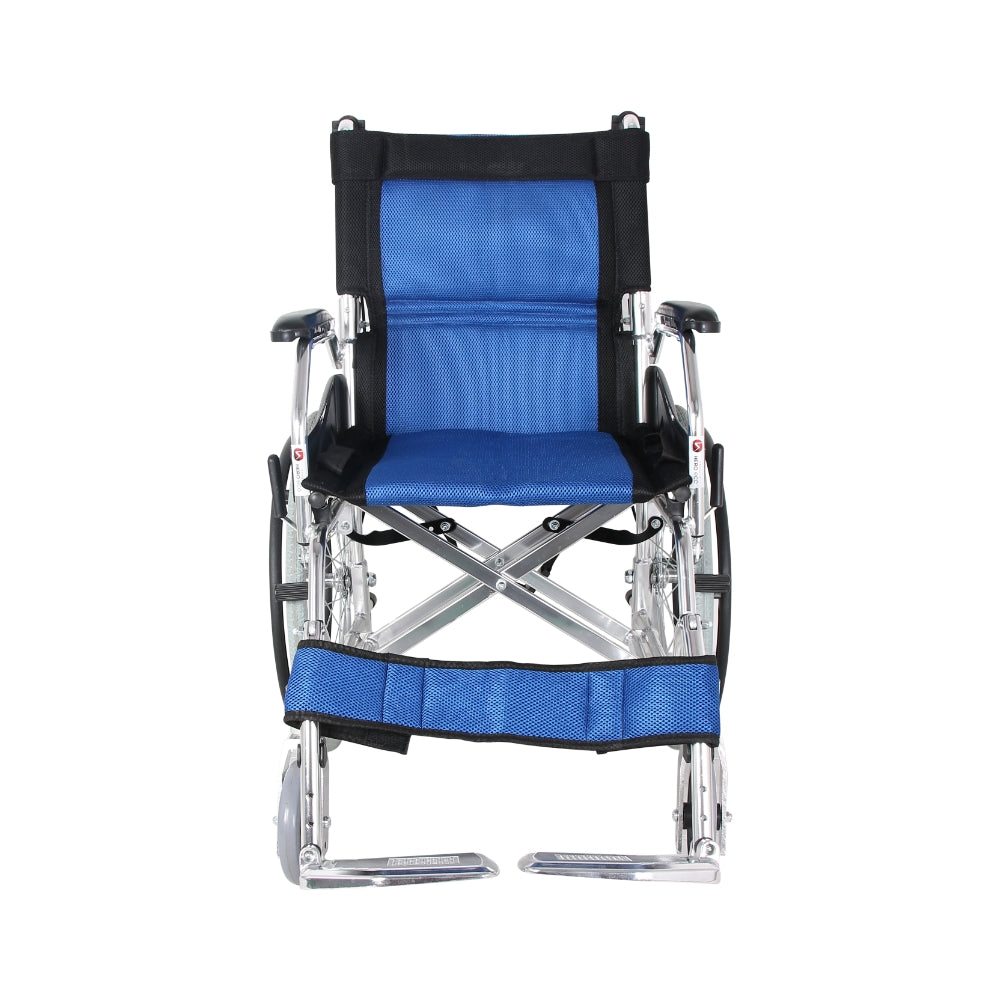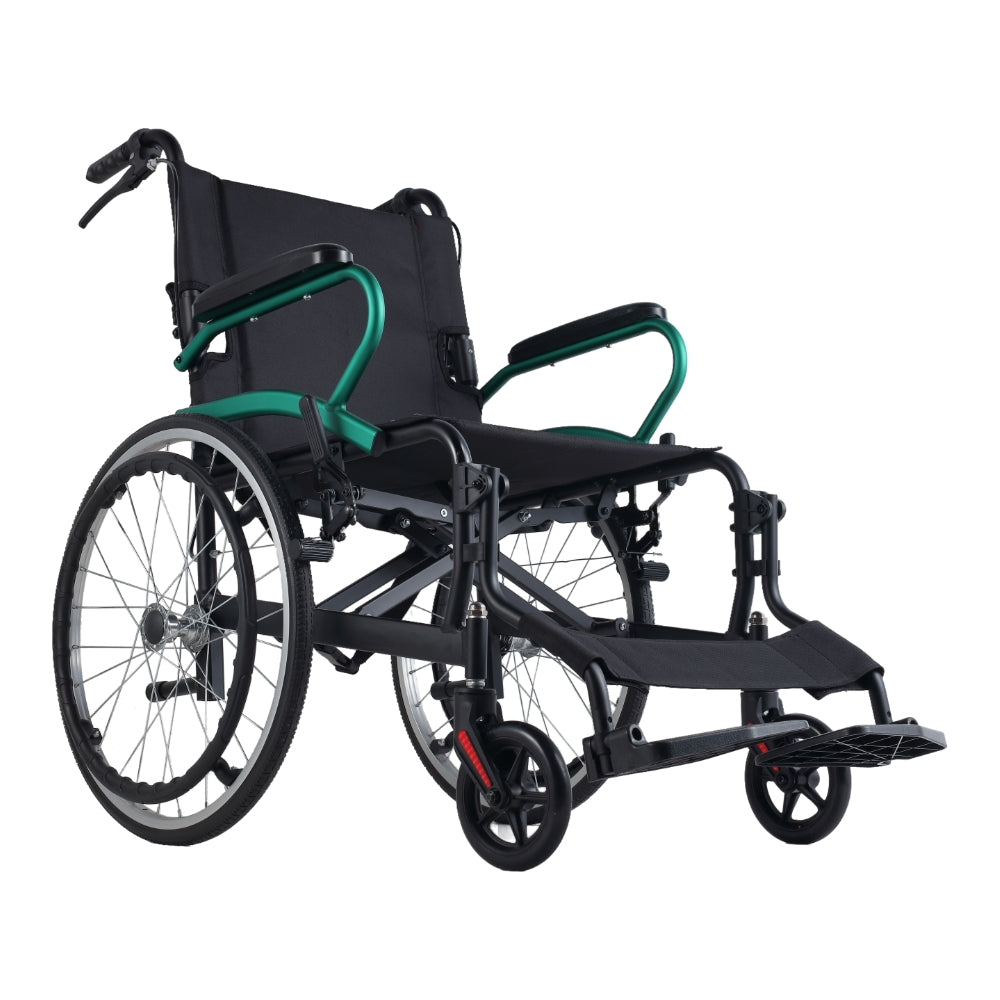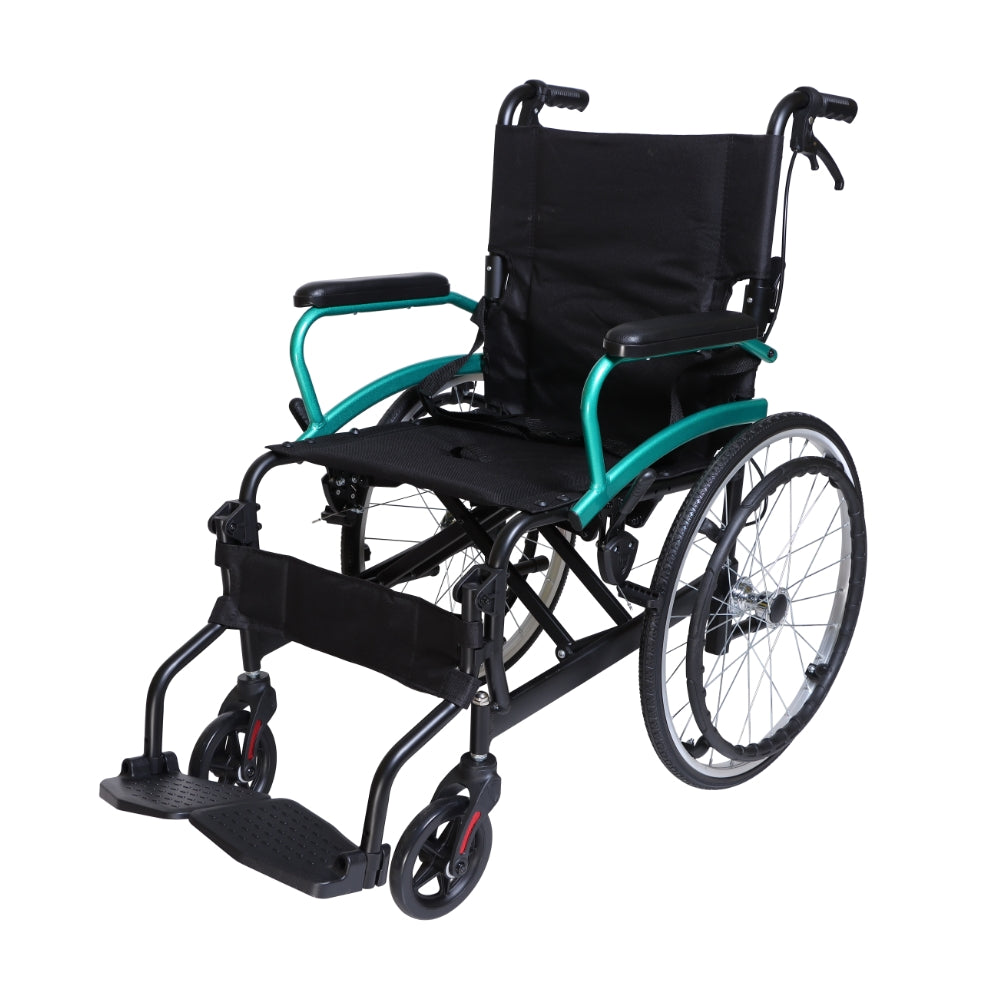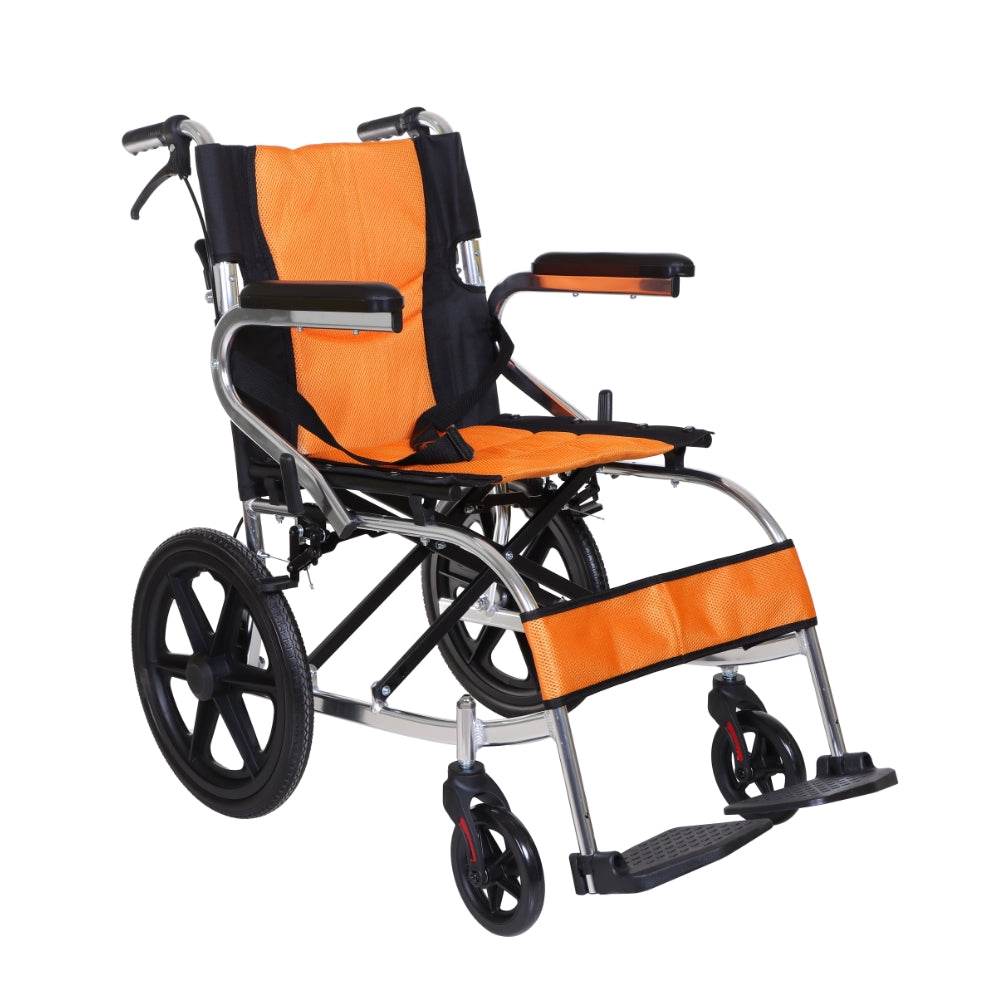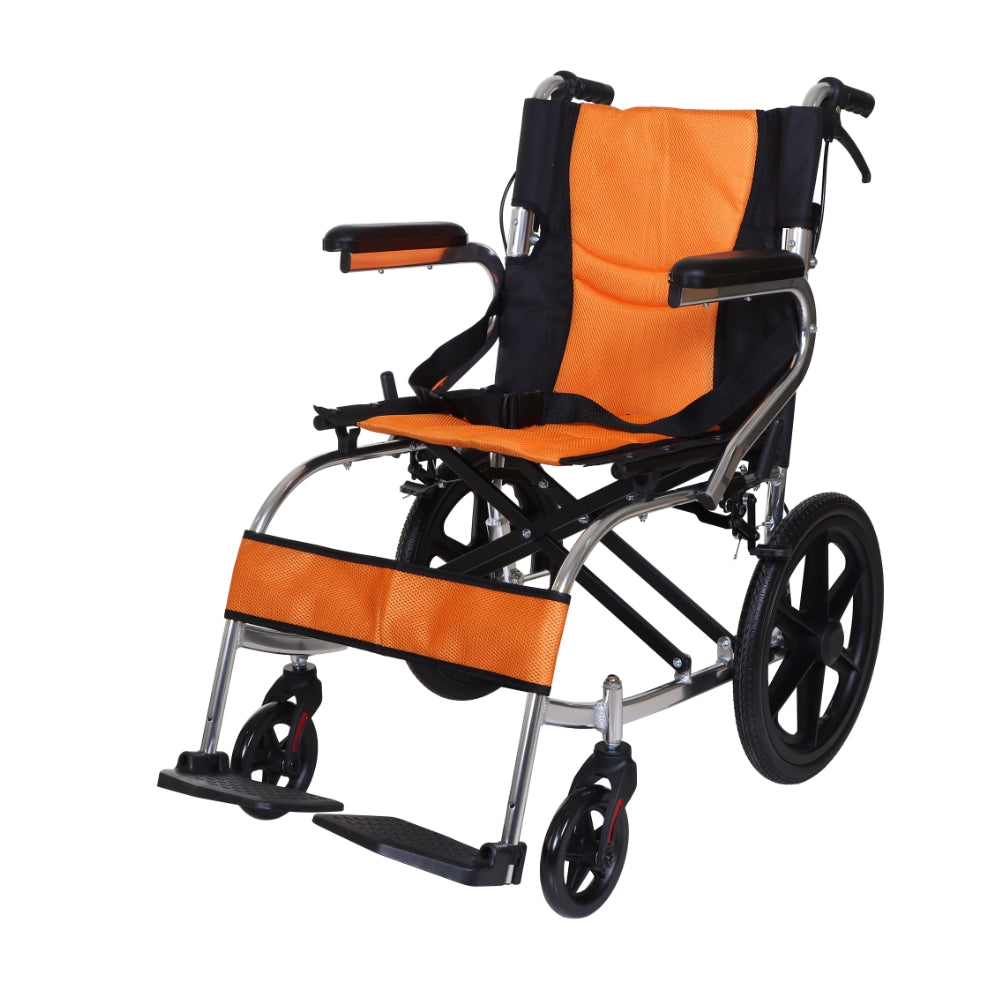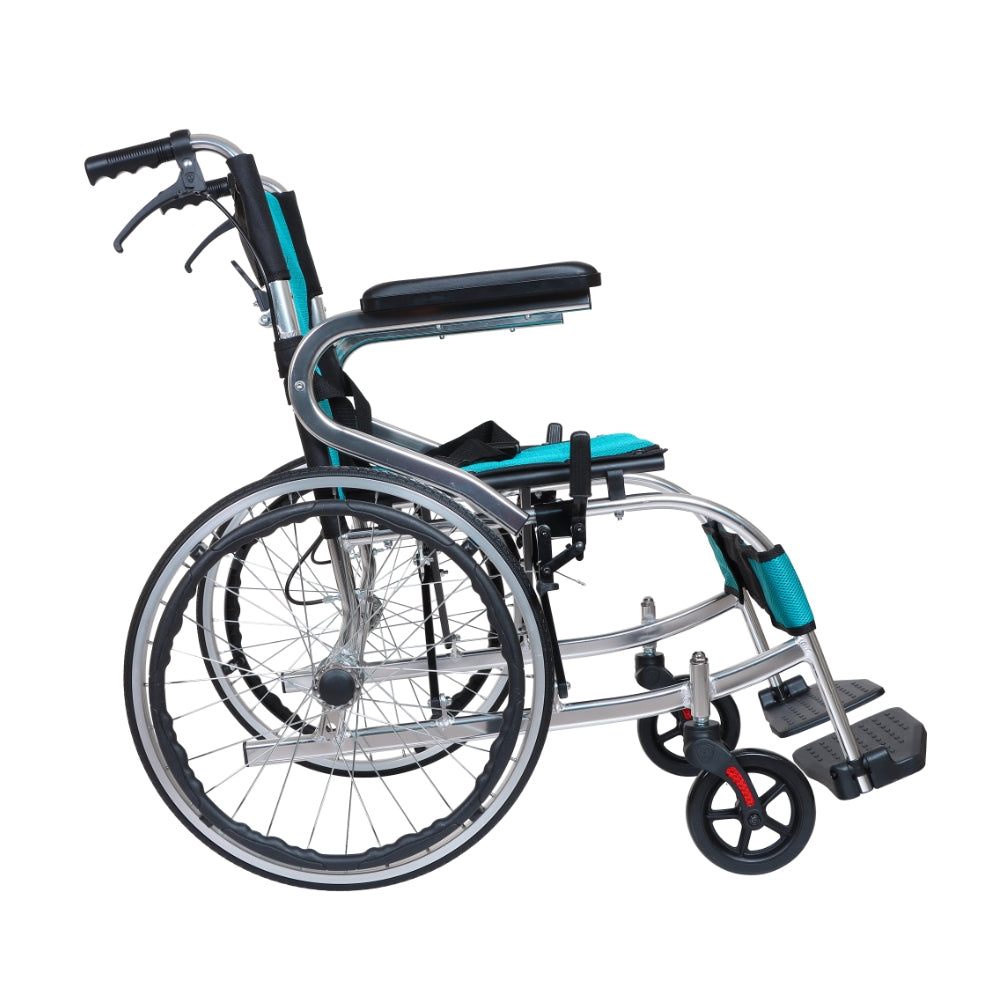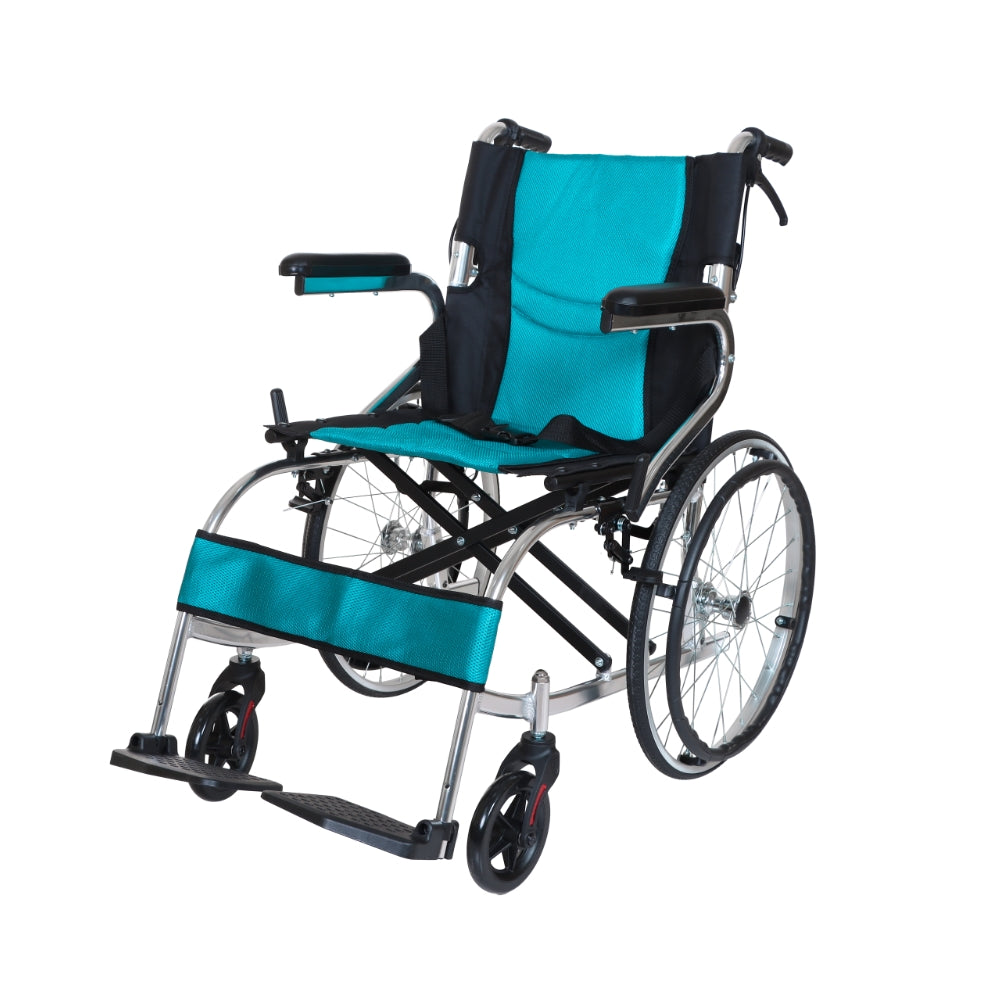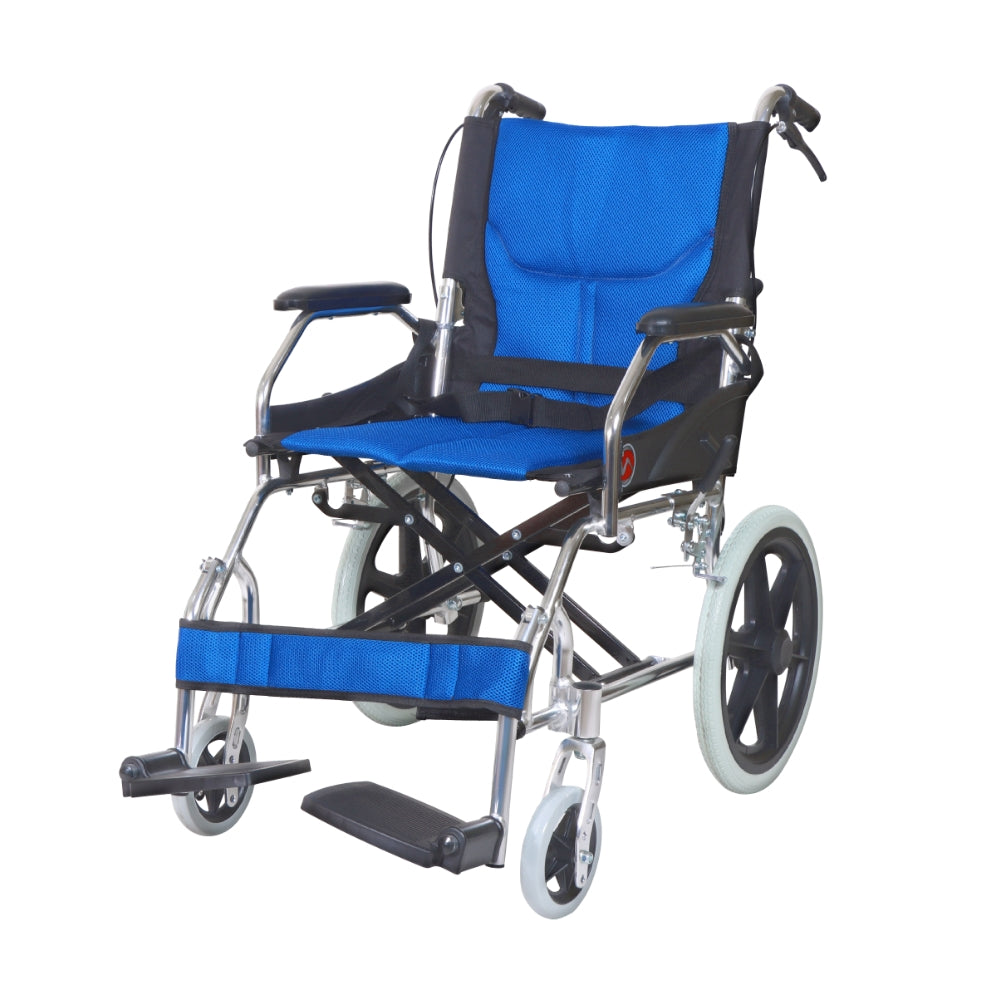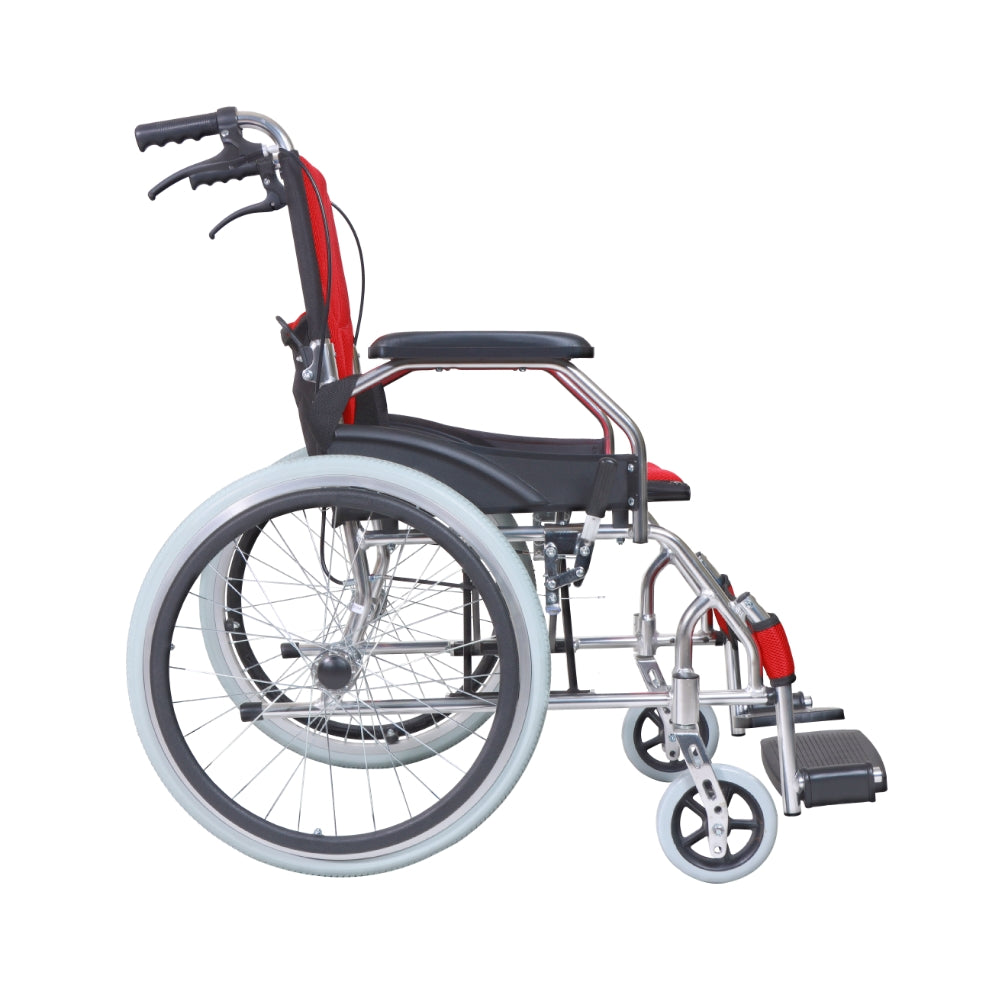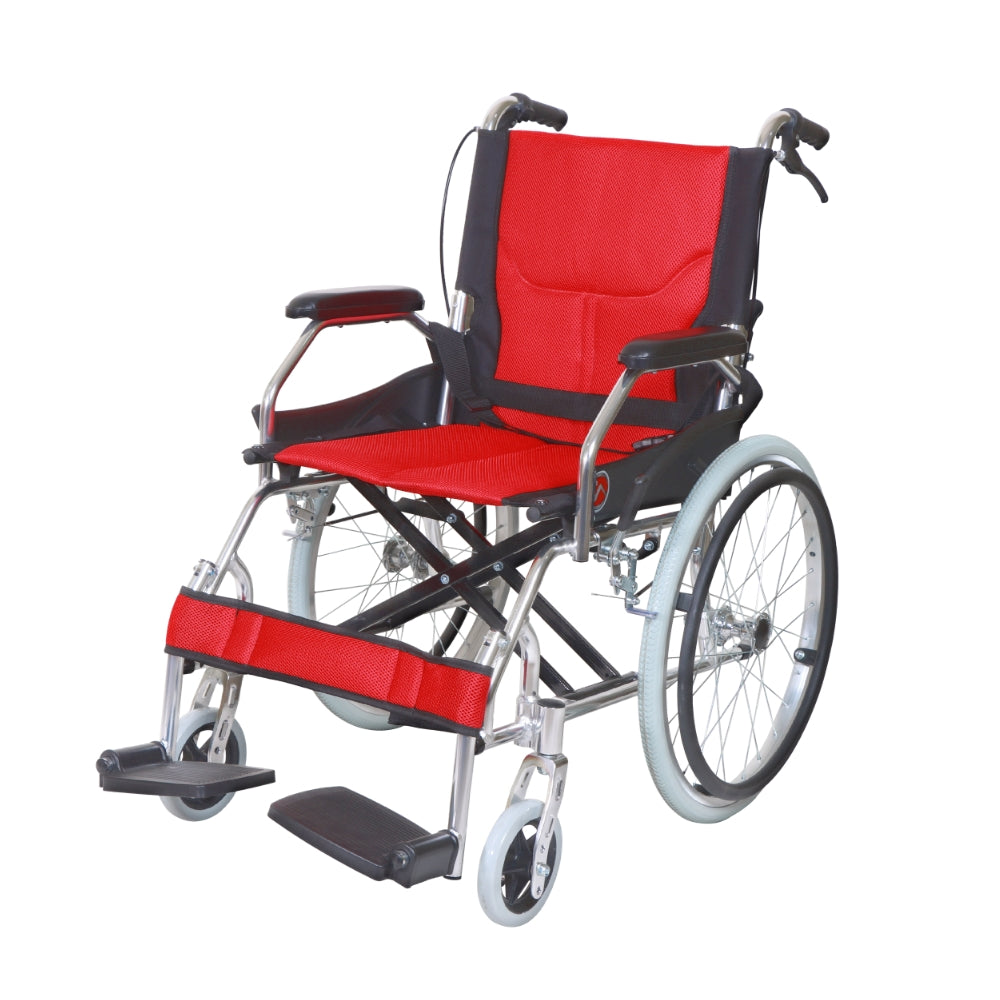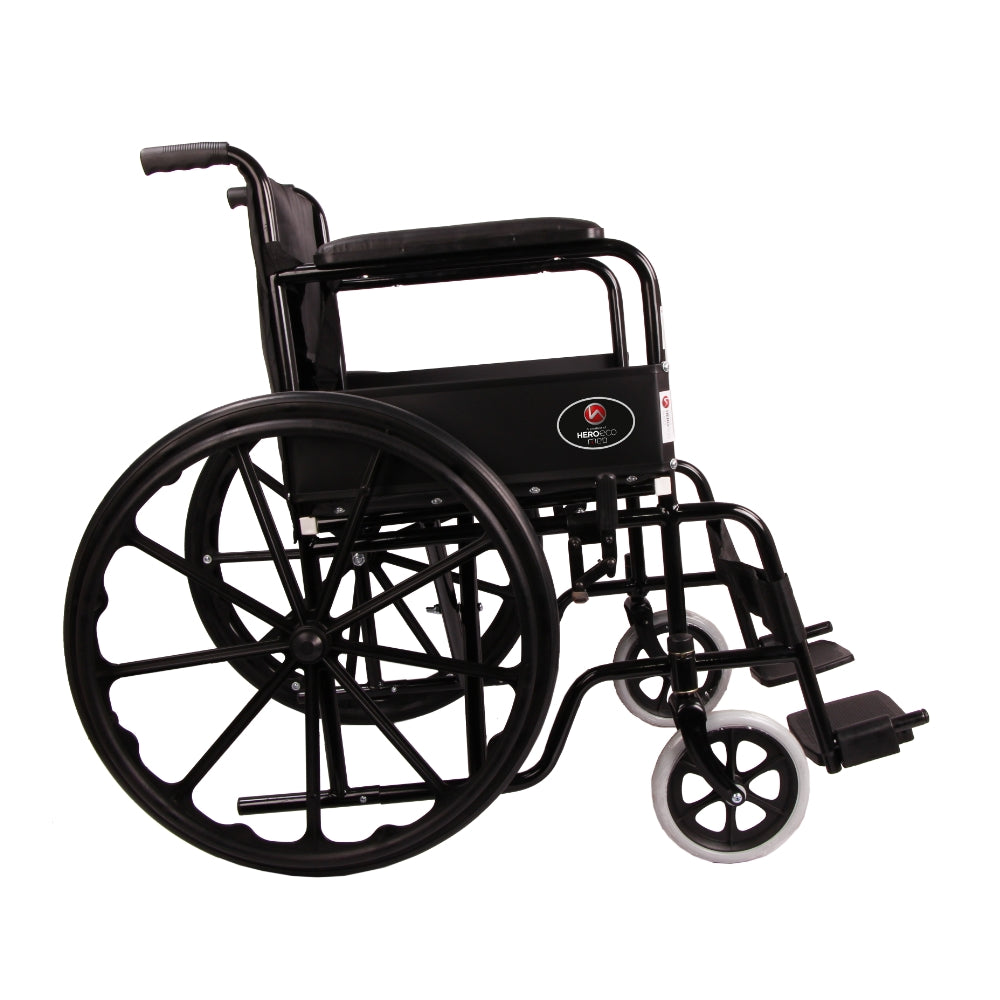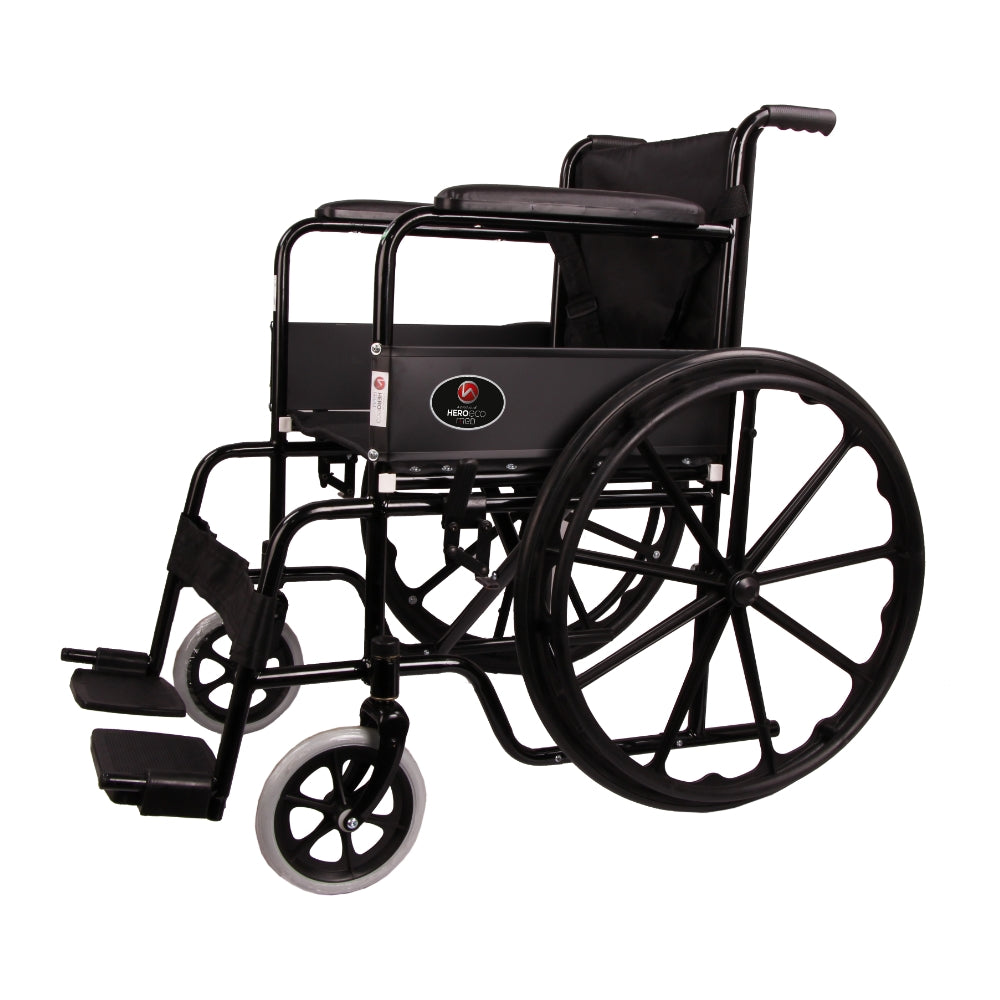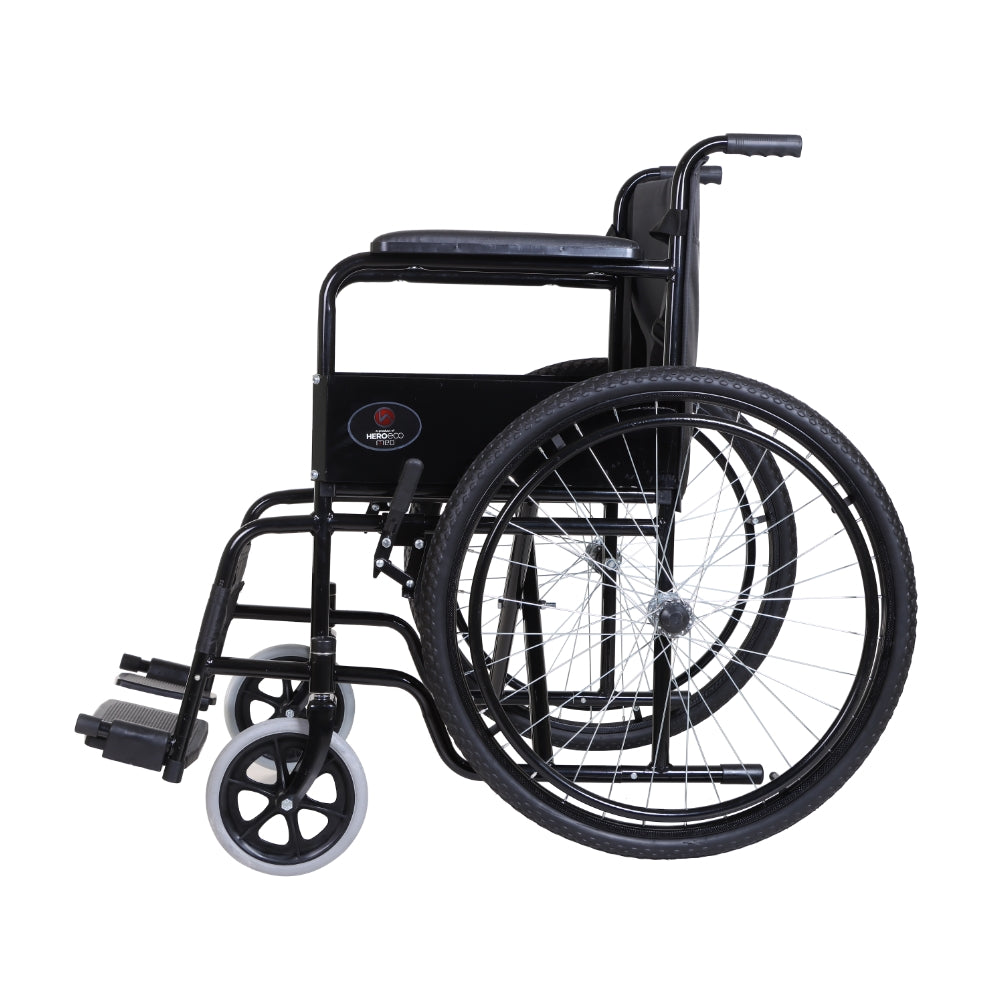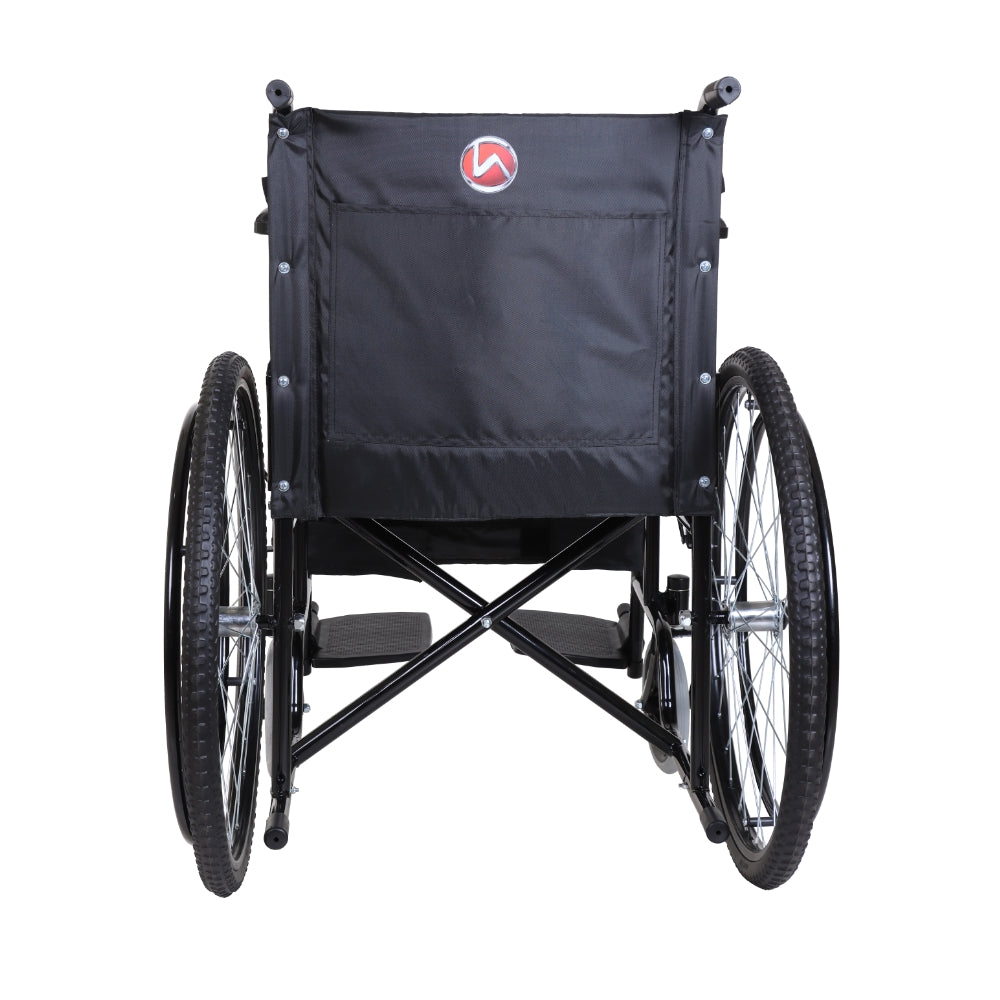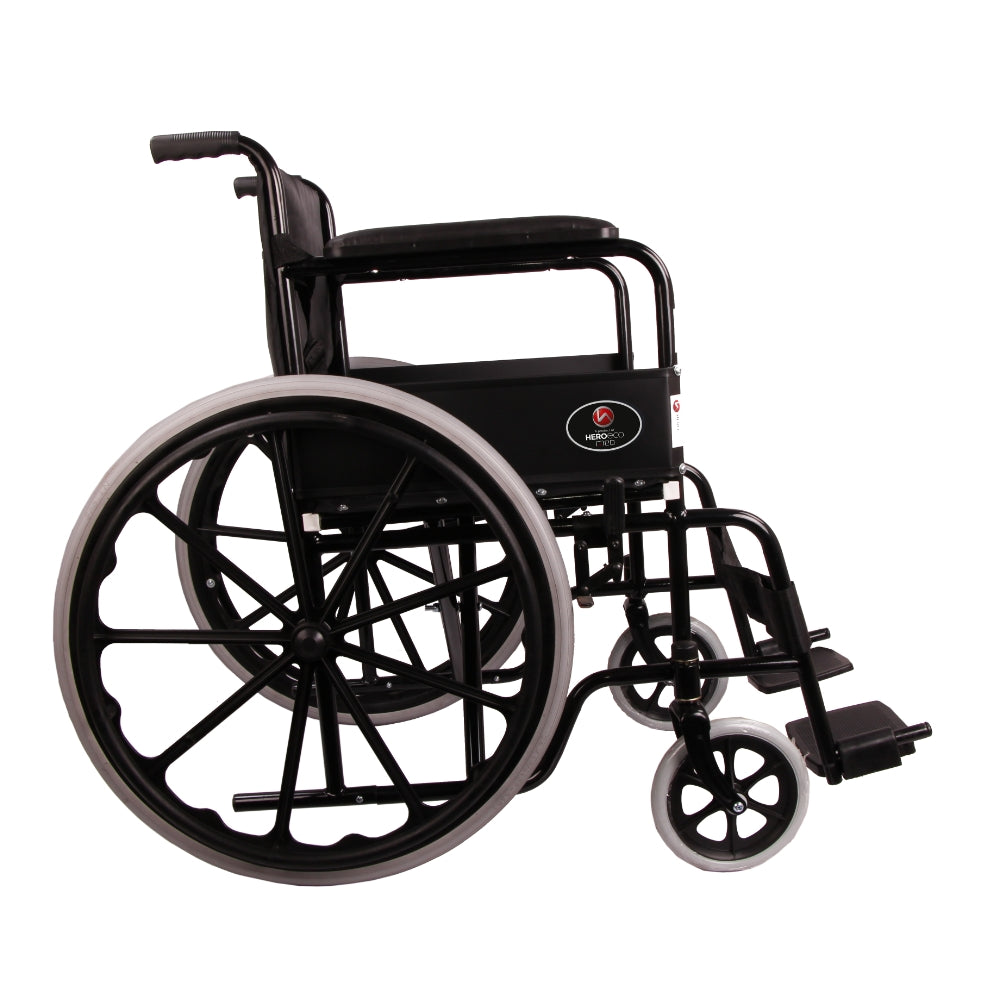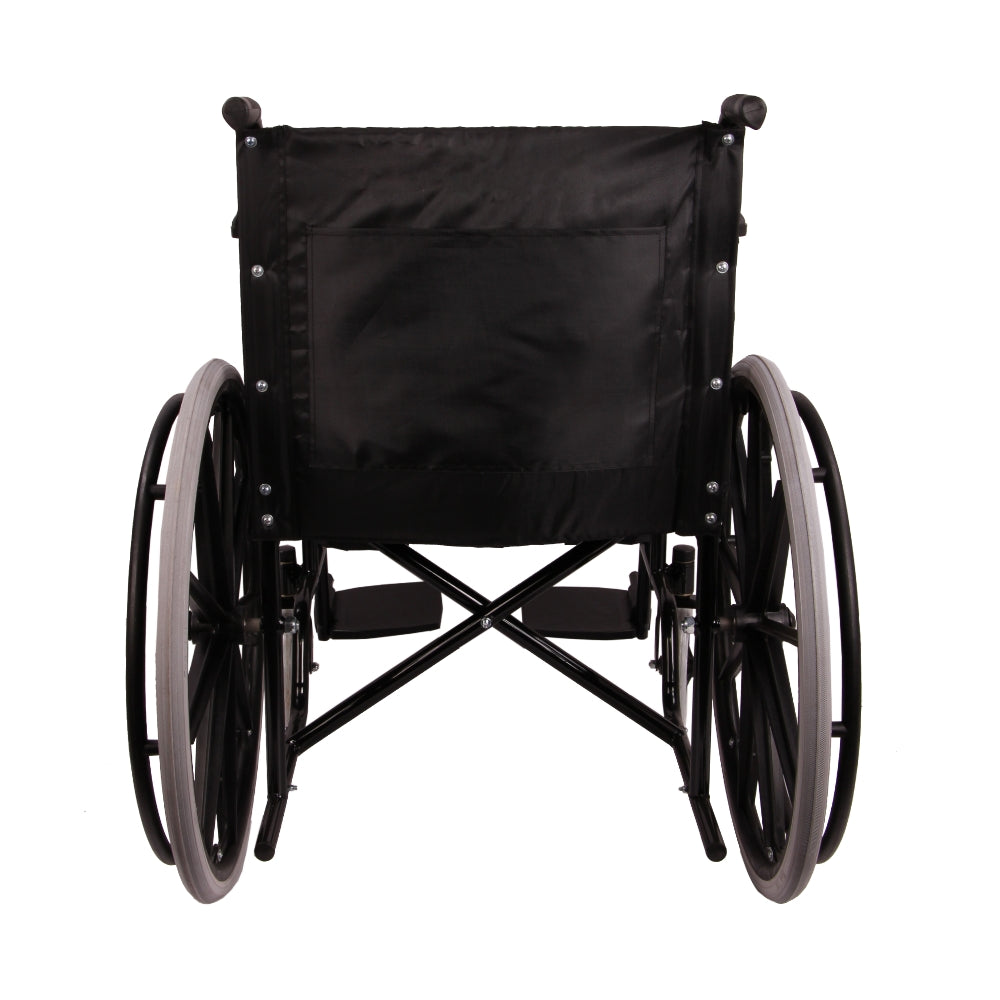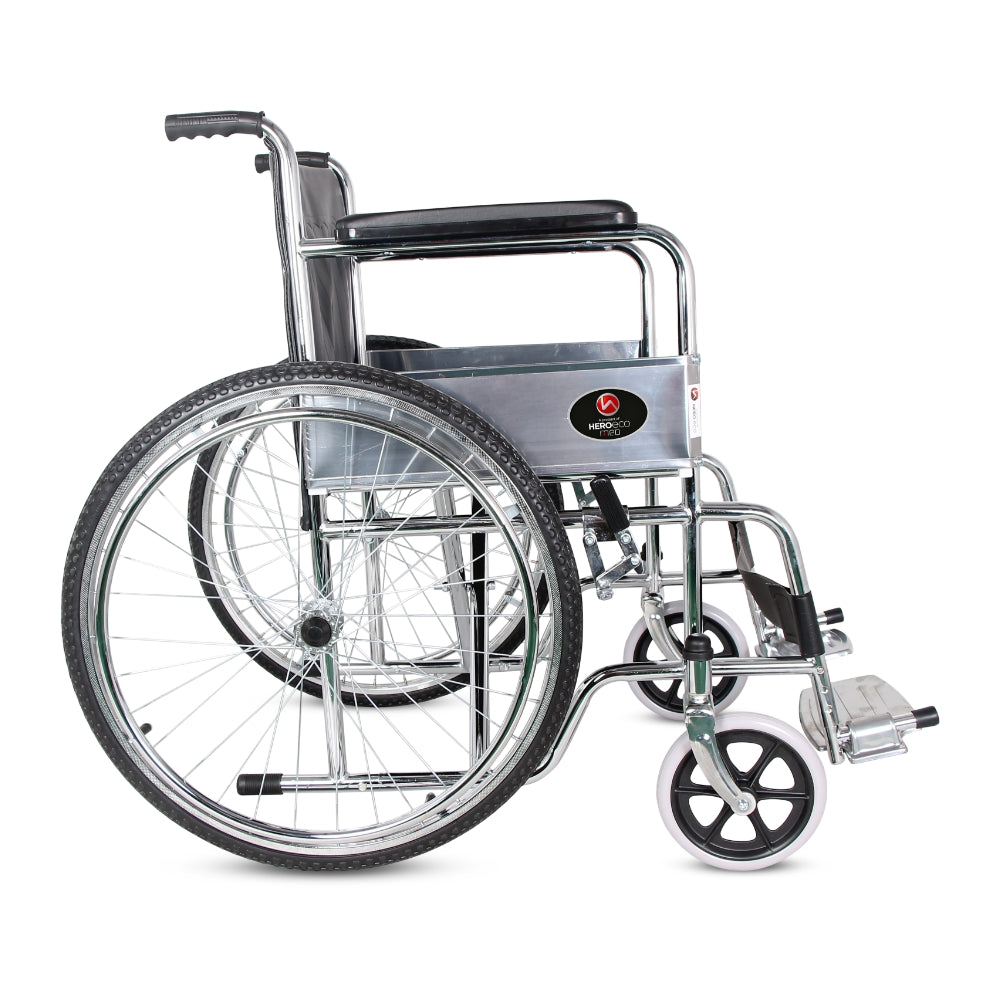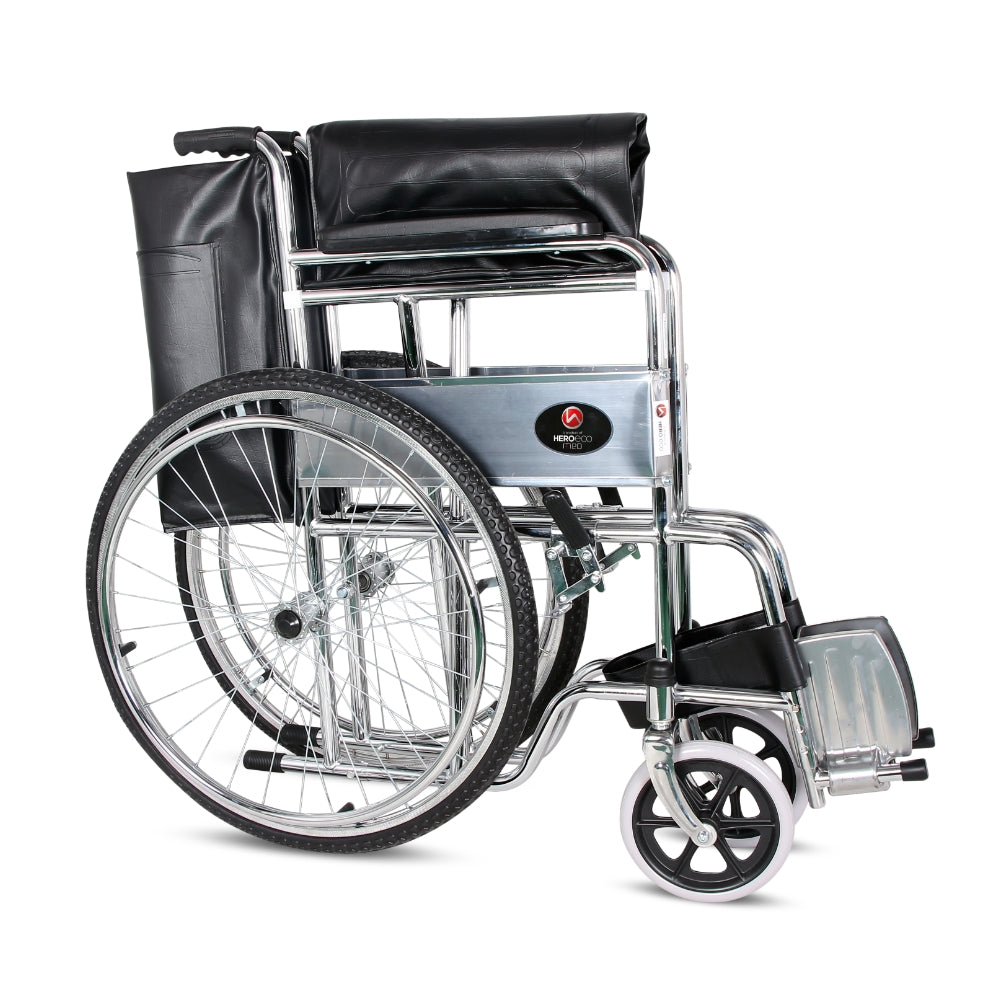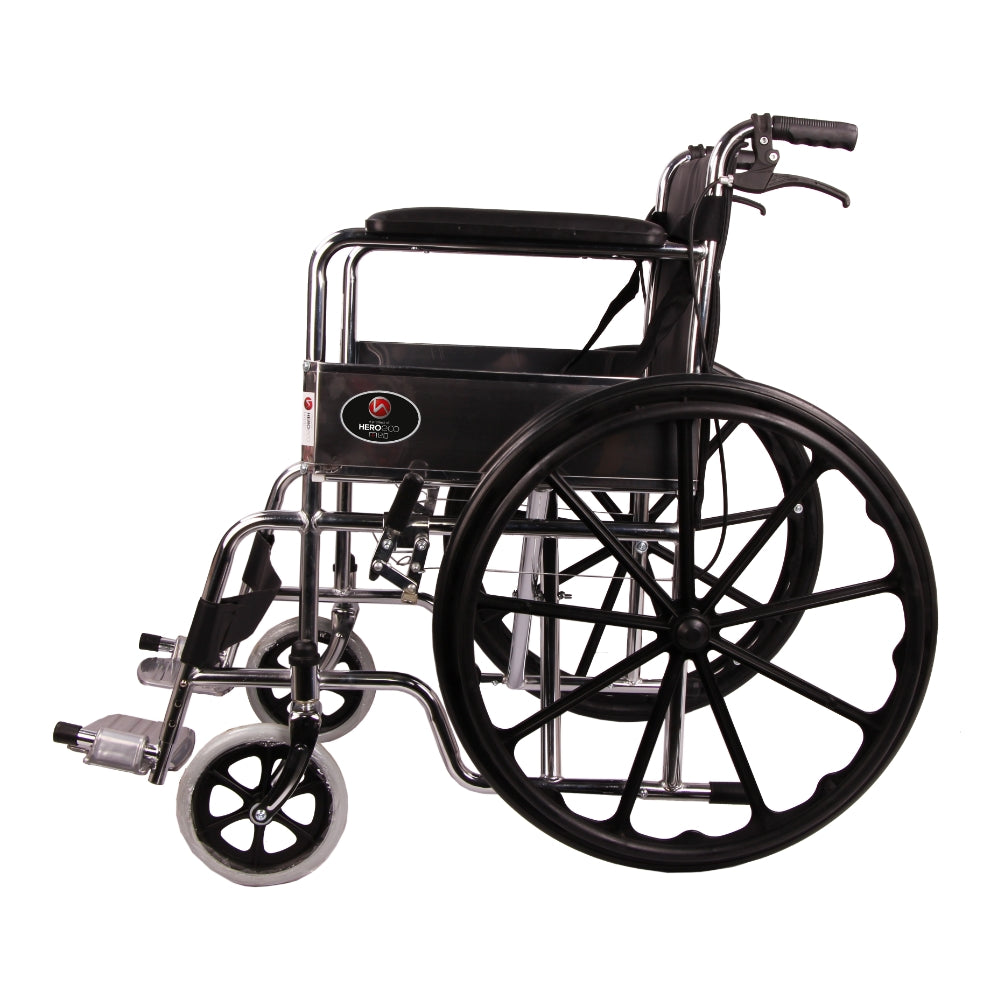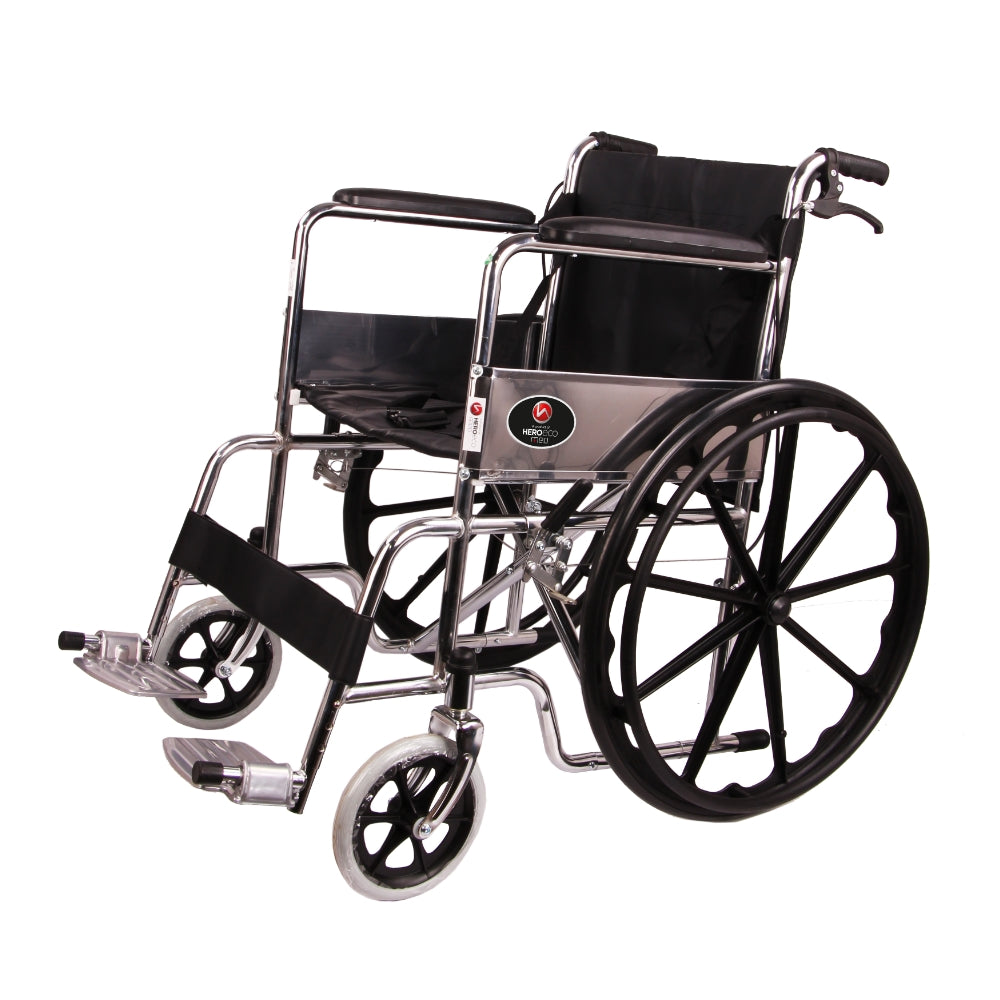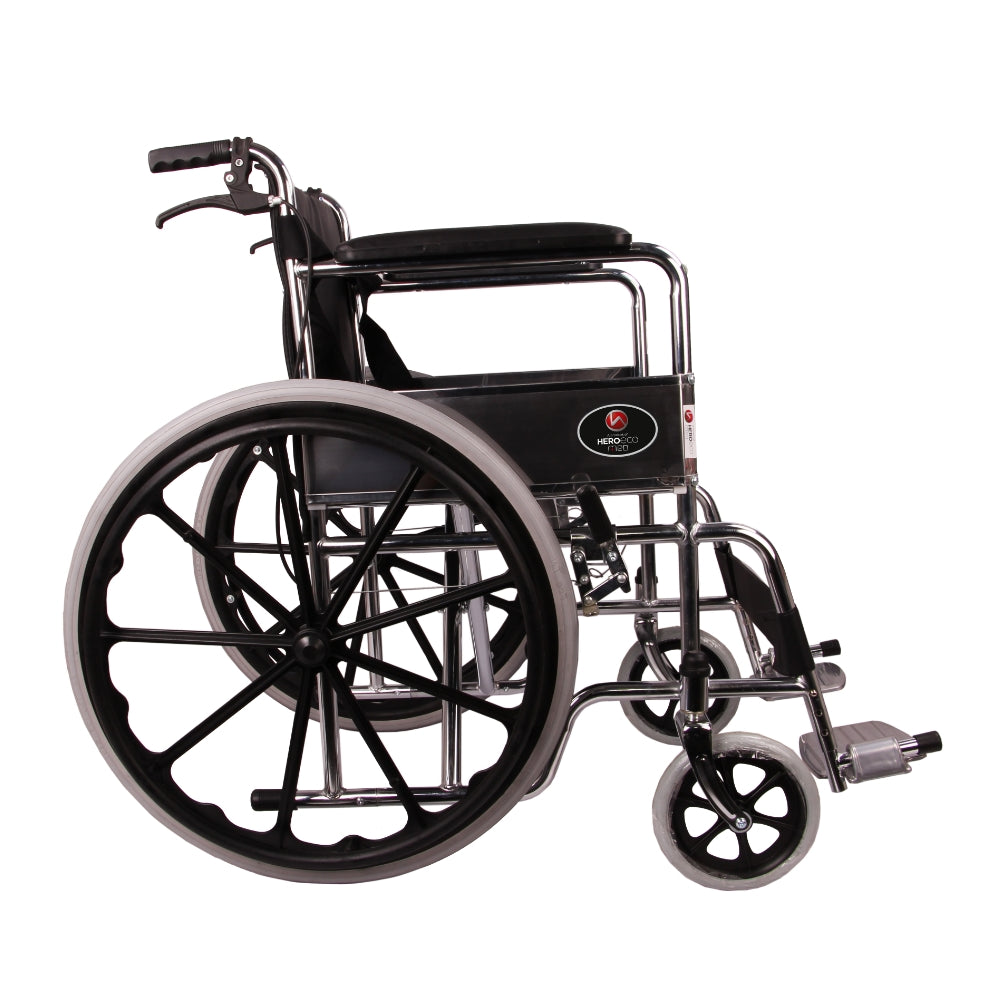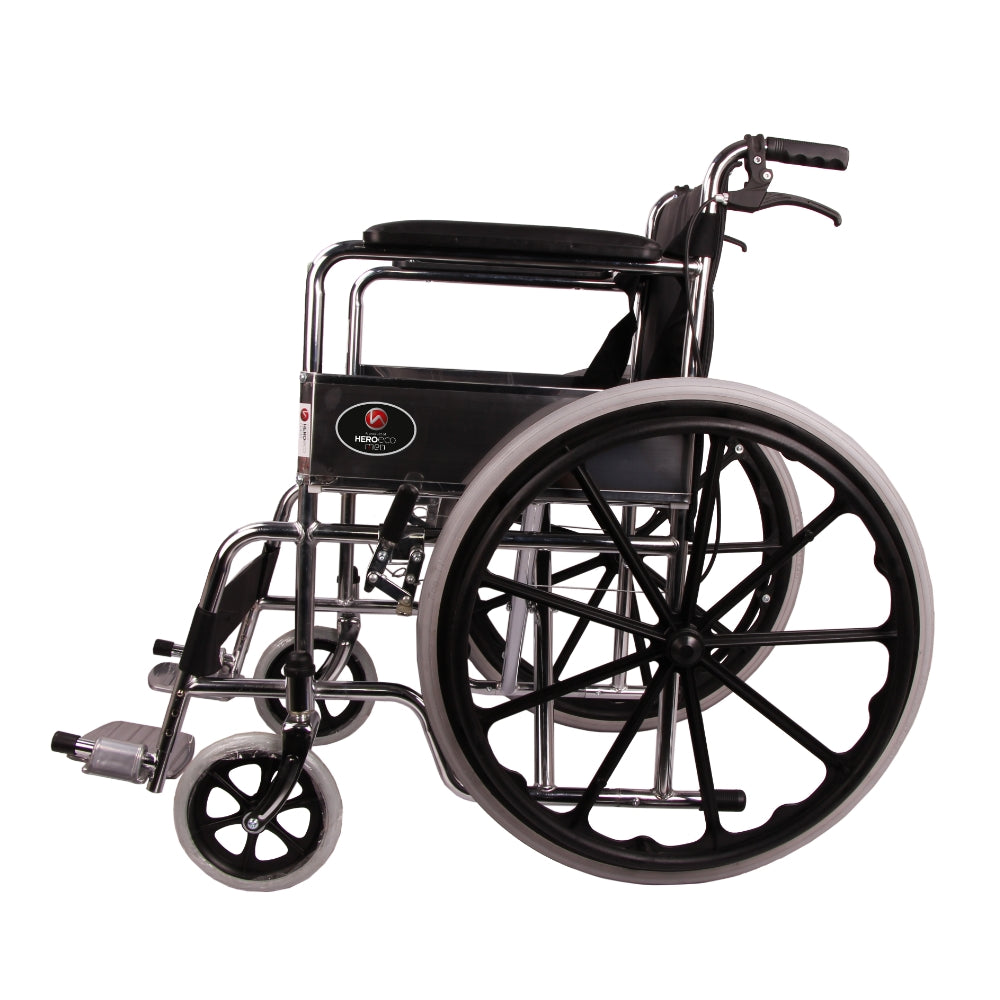Foldable Lightweight & Portable Wheelchairs for Travel and Daily Use
Experience freedom, ease, and improved mobility with our selection of lightweight wheelchairs. These have been carefully chosen to provide durability, portability, and comfort for users. Whether you’re moving through busy hallways, storing the chair in a small space, or traveling by car or public transport, our lightweight models offer excellent maneuverability and convenience. Made from high-quality materials and designed with care, they ease the burden on users and caregivers while encouraging independence in daily activities and home life.
Frequently Asked Questions (FAQ)
Q1: What makes a wheelchair “lightweight”?
A lightweight wheelchair is designed with materials and construction that significantly reduce its overall weight compared with standard models. This allows easier pushing, lifting into vehicles, carrying up/down stairs or storing.
Some key features include aluminium or alloy frame, a foldable design and smaller or optimized components.
Q2: Why should I choose a lightweight wheelchair instead of a standard one?
There are several benefits:
-
Easier to self-propel if you have some upper-body strength (less effort required).
-
Easier to transport or load into car trunks and to store in smaller spaces.
-
Less physical strain on caregivers when pushing or lifting the chair.
-
Better maneuverability in tighter indoor spaces, among furniture or narrow doorways.
Q3: Are there any trade-offs or things to watch out for with lightweight wheelchairs?
Yes, a few considerations:
-
Materials that reduce weight may cost more, so lightweight models might have a higher initial price.
-
Some ultra-lightwheel models may prioritize minimalism over sturdiness if used in very heavy-use or rugged environments — choose accordingly.
-
Ensure that the weight capacity (maximum user weight) is sufficient, as lighter frames can sometimes limit the rated load compared to heavier, more robust models.
Q4: How do I select the right lightweight wheelchair for my needs?
When selecting, consider:
-
User’s size and weight: Match seat width, depth, and rated maximum load.
-
Usage environment: Will it be used mostly indoors, outdoors, for travel?
-
Foldability and transport: Does it fold compactly for your car or storage space?
-
Arm/rest and foot-rests adjustability: These impact comfort and transfers.
-
Frame material and durability: Lightweight materials (aluminium, alloy) help with portability.
-
Wheel type and maneuverability: Larger rear wheels help with self-propulsion; smaller casters help navigate tight spaces.
Q5: Can I use a lightweight wheelchair for travel or transport?
Yes, many lightweight wheelchairs are designed with travel and transport in mind. They often fold, weigh less for easier handling, and can be more convenient for car trunks, trains, or even air travel in some cases.
Q6: How do I maintain and care for a lightweight wheelchair?
-
Regularly check the frame, bolts, and joints for looseness.
-
Clean wheels, front casters, and brakes to ensure smooth movement.
-
Avoid overloading beyond the specified user weight.
-
If the chair is folded frequently, inspect the folding mechanism for wear.
-
Store in a dry place to prevent corrosion, even if aluminium or alloy.
-
Lubricate moving parts if needed and follow the manufacturer’s manual.
Q7: Is a lightweight wheelchair suitable for someone who propels themselves (rather than being pushed)?
Yes — if the user has sufficient arm/upper-body strength and the chair has large rear wheels with hand-rims, a lightweight wheelchair can be very suitable for self-propulsion thanks to reduced weight and easier handling. However, if the user is entirely dependent on a caregiver for pushing, ensure the design is appropriate for that scenario as well.
Q8: What accessories or additional features might I look for in a lightweight model?
Some beneficial extras:
-
Removable or swing-away footrests for easier transfers.
-
Flip-back or removable armrests.
-
Cushioning or ergonomic seat/back for comfort.
-
Anti-tip bars for additional safety (especially outdoors).
-
Compact fold mechanism and carry handles.
-
A transport bag or travel case, if you will carry the chair frequently.
-
Brakes that are easily accessible and effective.
Q9: What happens if I have special requirements (e.g., very narrow doorways, travel by car frequently, need to lift into a car)?
If you have such special needs, we recommend you measure the clearances you have (doorway widths, car trunk space, elevator width) and communicate those to us (or your dealer) along with your body measurements (height, weight, seat width). This helps in selecting a chair that not only is lightweight but also fits your space and usage scenario well.
Q10: What is the warranty or support for lightweight wheelchairs?
Warranty terms may vary by model and manufacturer. It is best to check individual product listings for details such as frame warranty, wear-parts warranty (e.g., brakes, wheels), and service/repair support. Make sure you retain purchase documentation and follow the maintenance guidelines for warranty validity.





